How should the UK spend aid to combat the causes and effects of climate change?
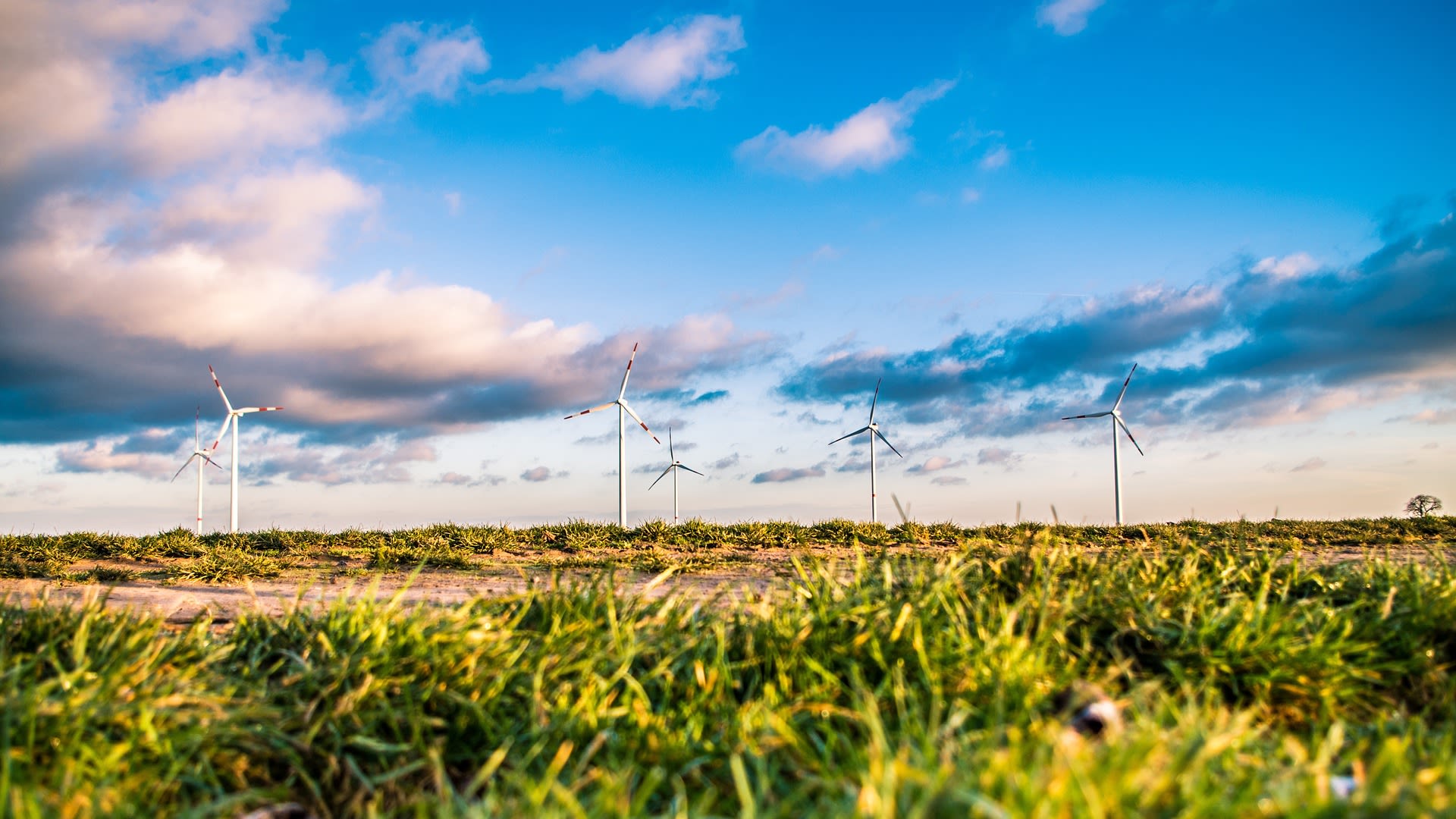
The climate change crisis that the world is facing is huge – in scale, in intensity, in urgency.
Climate change disproportionately effects vulnerable people across the world.
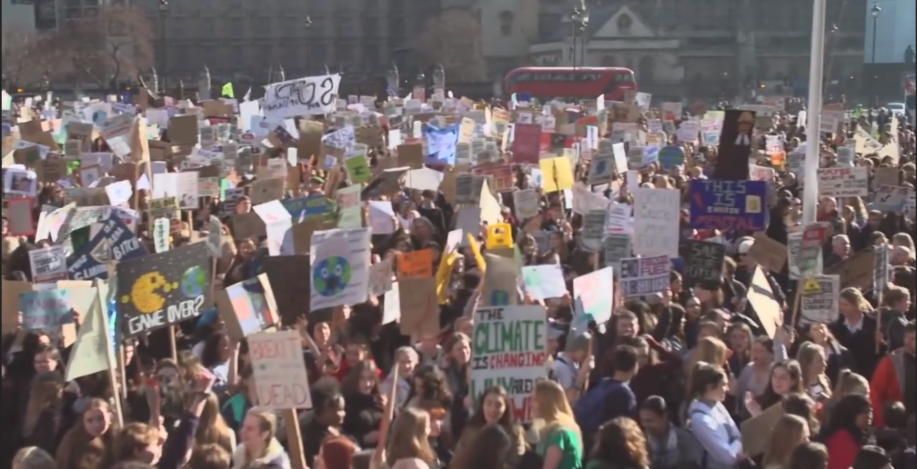
The UK has previously shown international leadership with work on climate change and sustainable development.
The UK took part in the Paris Agreement negotiations and in developing and promoting the Sustainable Development Goals.
But given what we know now about the pressures and challenges that the international community is facing on climate change and the risks that climate change poses to disadvantaged and vulnerable populations, what strategies and approaches should the UK be adopting in its aid spending to rise to the challenge?
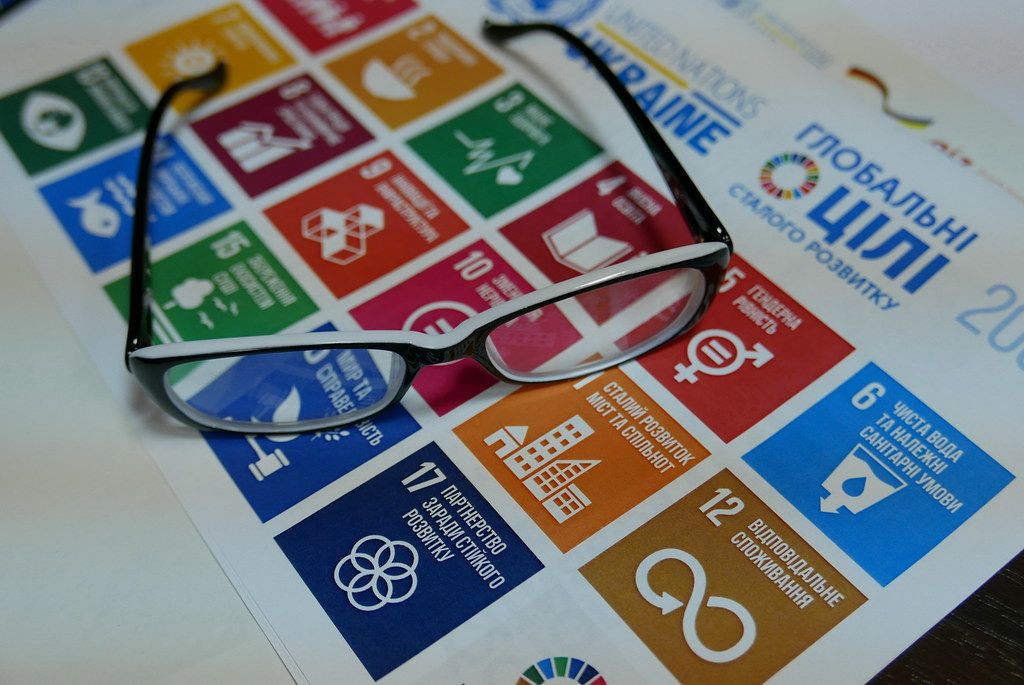
How is aid money spent on climate change?
The UK has committed to spending £5.8bn of overseas development assistance as International Climate Finance (ICF) between 2016/17 and 2020/21.
- Is this allocation of UK aid to climate finance sufficient?
- Is it being spent as effectively as it could be?
Beyond the ICF budget the rest of the UK's £14bn annual aid spend can also have climate impacts.
- Is ICF spending potentially being undermined by wider UK aid spending?
Five things we've learned

One
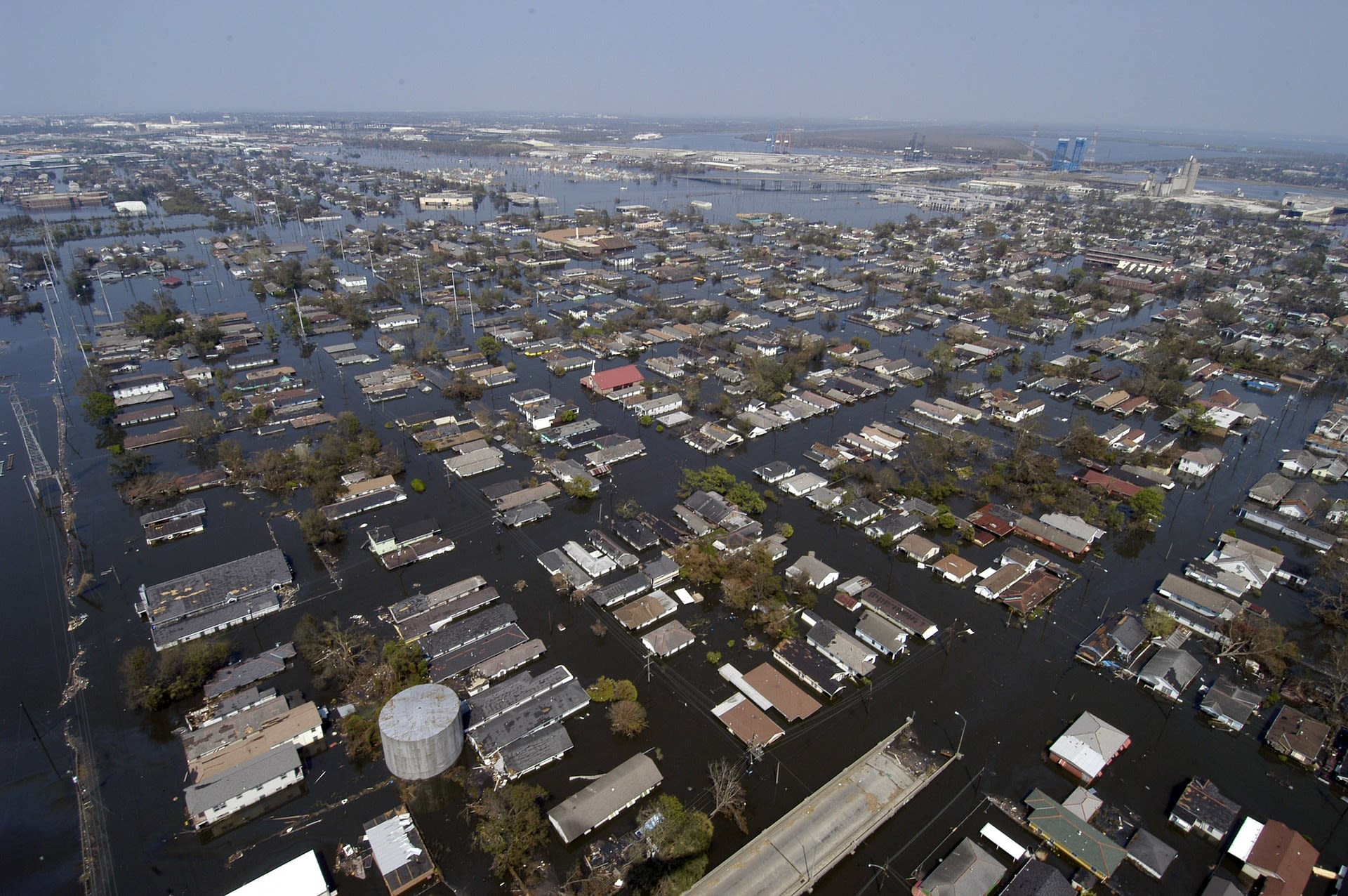
Climate change cuts across everything.
Climate change is not just one of a number of issues that the UK should address though aid spending.
The effectiveness of all UK aid spending is dependent on whether the international community rapidly fights the causes and impacts of climate change.



Two

Any financial support for fossil fuels that does not meet specific criteria undermines the Government's International Climate Finance spend.
The only context in which it is acceptable for UK aid to be spent on fossil fuels is if this spend is ultimately in support of a transition away from fossil fuels and as part of a strategy to pursue net zero global emissions by 2050.
In any case where aid is supporting fossil fuels, the Government must be able to
- demonstrate how that spend supports a transition to zero emissions,
- outline a plan for how that transition will be achieved and in what time frame.
Three

Climate finance must be spent strategically, it must be spent with urgency, and it must be transformative.
There does not appear to be an active strategy for the Government's International Climate Finance spending. The last strategy was published in 2011 and hasn't been updated since.
The Government should adopt a clear, robust strategy for spending climate finance based on the latest climate science.
Four

All aid should be consistent with reaching net zero emissions and climate resilience
Beyond the International Climate Finance budget, the Government must make sure all aid spending is consistent with combating the causes and impacts of climate change.
Climate change should be integrated as a priority in all aid strategies, even those which aren't directly addressing climate change.
The Government should replicate the successful model of the International Development (Gender Equality) Act 2014 for climate change, to ensure that all development assistance is contributing positively towards a climate resilient, low-carbon world.
Five
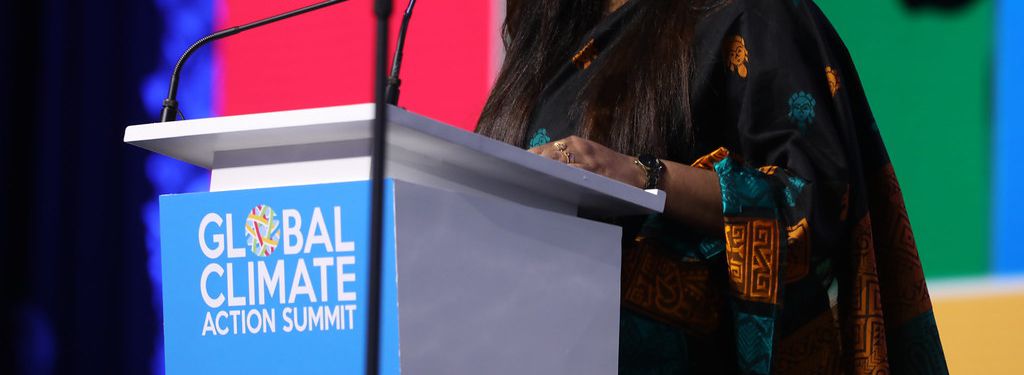
The UK should use the UN Secretary-General’s upcoming Climate Action Summit to advance conversations
The UK Government has an opportunity to step-up and progress vital conversations on the biggest challenges which require solutions:
- loss and damage
- climate migration
As part of the UK’s role leading on climate resilience. These should be discussed in partnership with developing countries at the UN Summit.
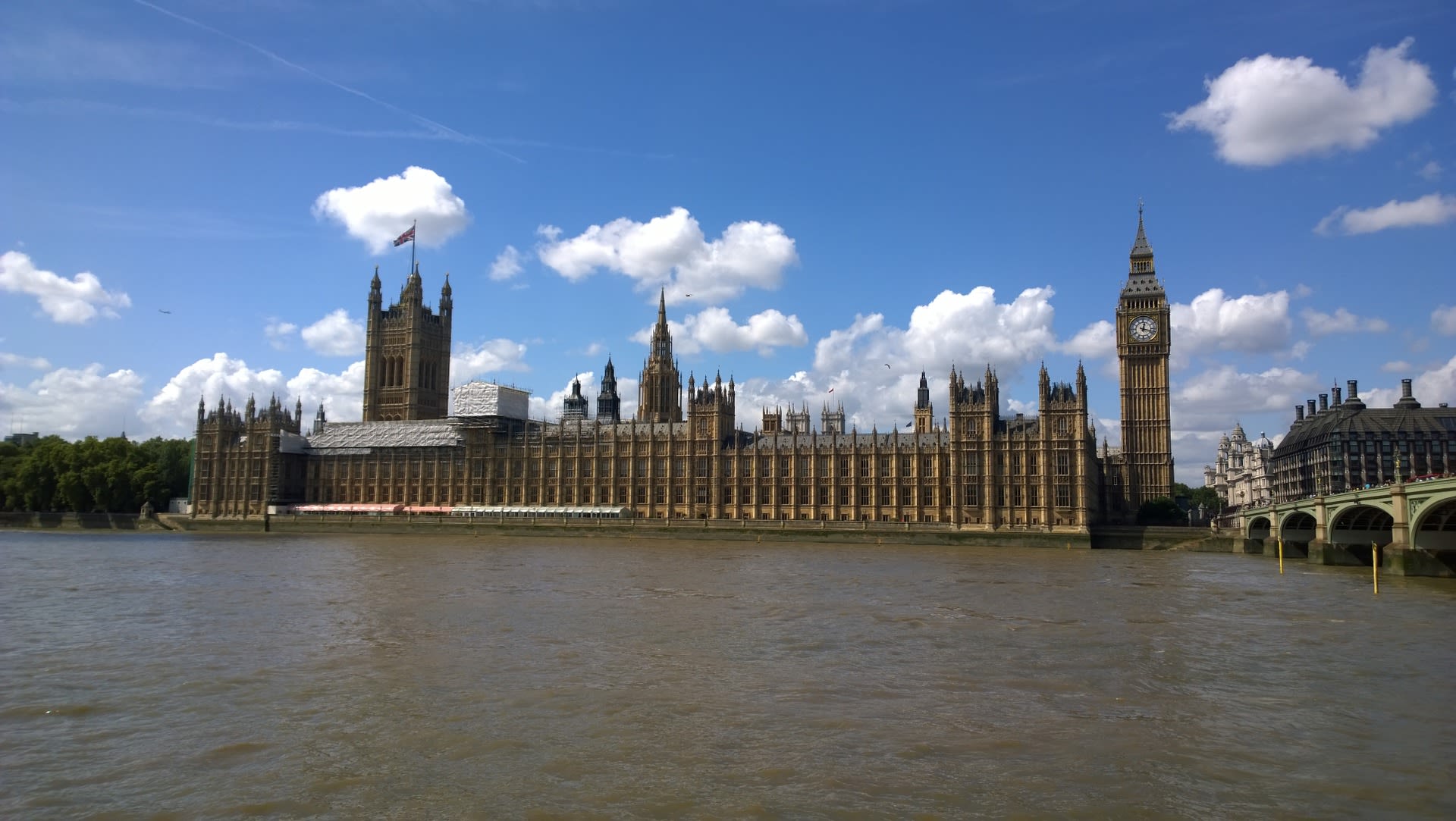
The Government must now respond to our report
Our report, UK Aid for Combating Climate Change was published on 8th May 2019, and the Government has two months to respond to our recommendations.
Detailed information from our inquiry can be found on our website.
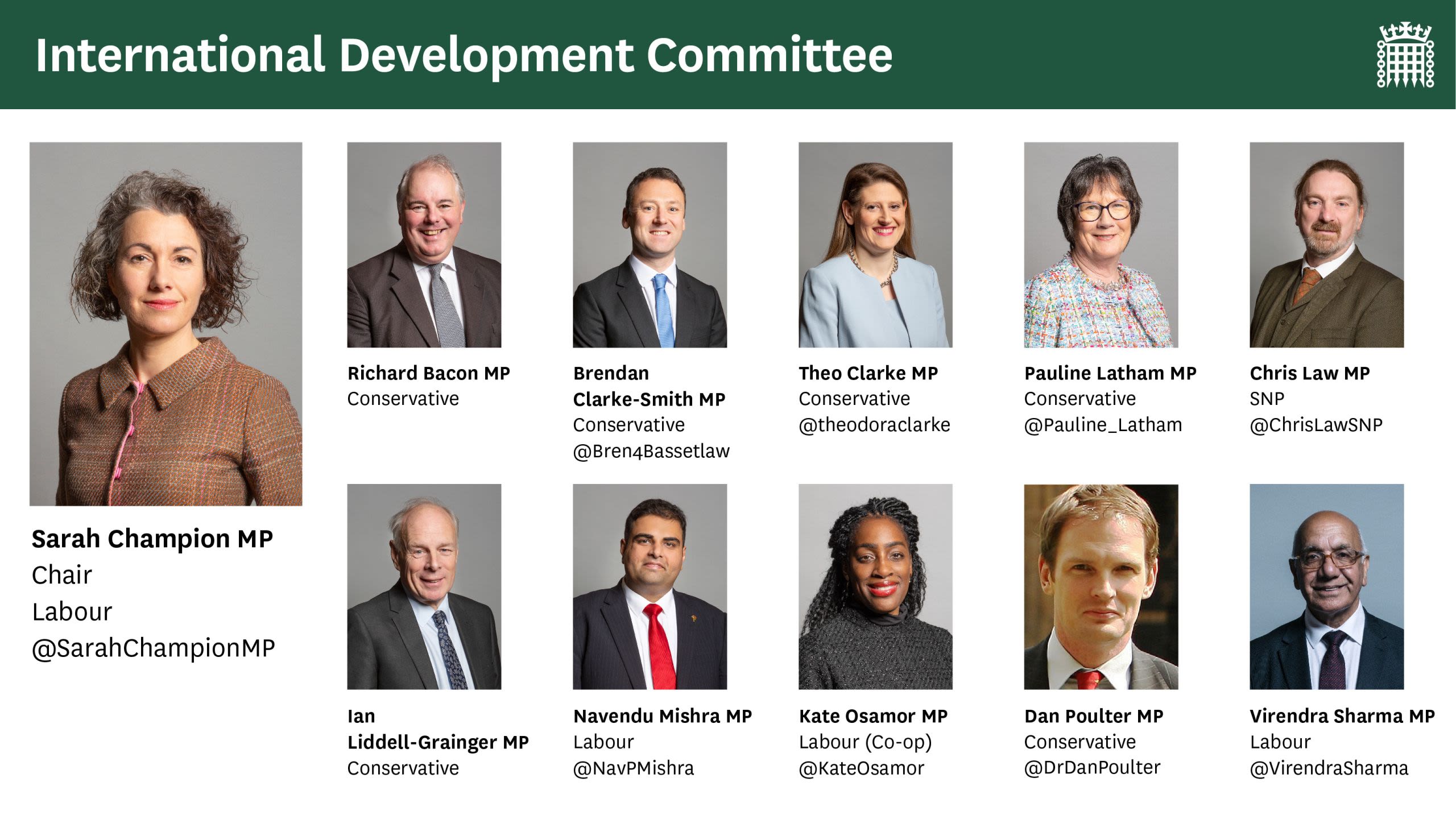
If you’re interested in our work, you can find our more on the House of Commons International Development Select Committee website. You can also follow our work on Twitter.
The International Development Select Committee is a cross-party committee of MPs that scrutinises government policy.
Video courtesy of BBC News
